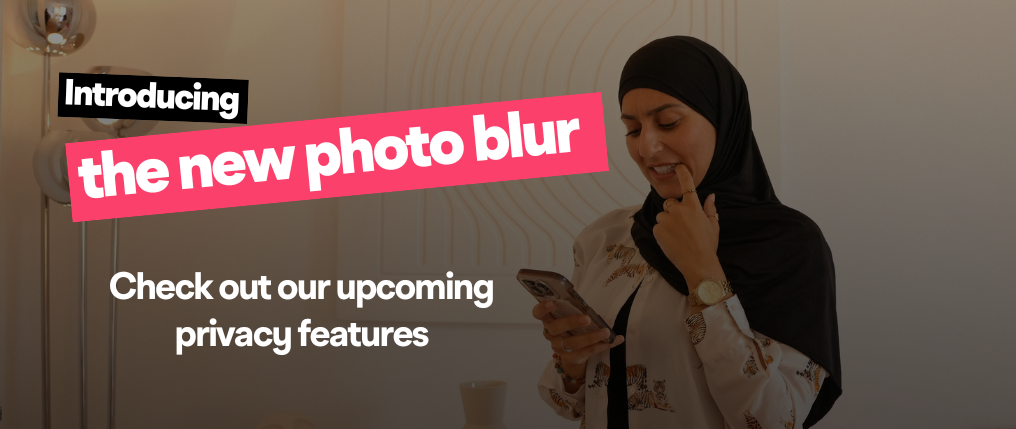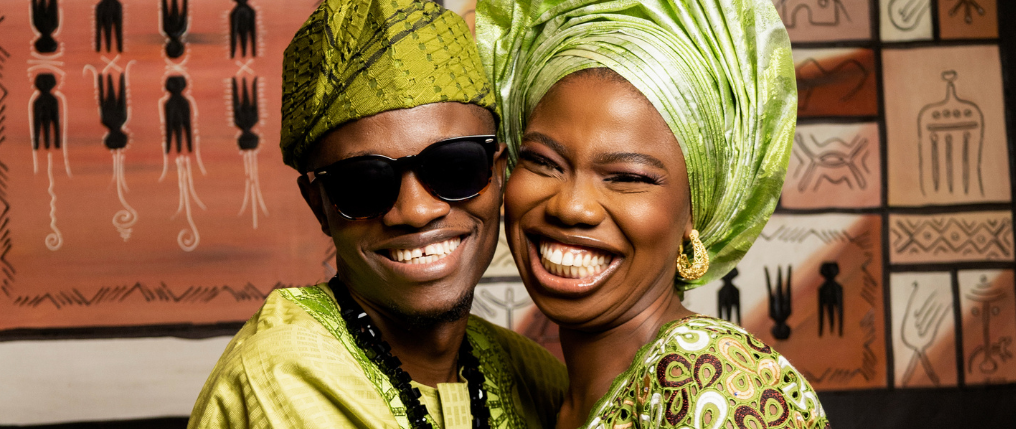
Struggling with self-isolation? The Muslim Youth Helpline can help
April 4, 2020

Guest post by Sara Wazifdar, Trustee, Muslim Youth Helpline
For hundreds and thousands of centuries, face to face interactions and human touch have allowed us to connect, develop deep and meaningful relationships and to understand ourselves as well as the world around us. They are the very essence of our identities as social beings.


Looking for your soulmate?
You won’t find your soulmate on this blog post but you might find them on Muzz - the world’s biggest Muslim dating and marriage app.
The outbreak of COVID-19 has sent the world into a frenzy of ‘fight or flight’ as we adhere to social distancing and isolation guidelines in a desperate attempt to control the spread of the disease. Relationships and human interaction can be difficult to maintain when self-isolating, but a whole infrastructure of technology has meant that maintaining and mirroring those existing relationships in virtual reality has been easier than ever before.
Apps like Zoom, Houseparty, Microsoft Teams and Google Hangouts allow us to invite our families round for dinner, catch-up with friends over coffee and hold work meetings in our very own living rooms – the world is now at our fingertips. So why is it that so many of us still are still struggling with self-isolation when we are now virtually more connected than ever?
The reality is that the world is no longer as we have always known it. As much as virtual connection can echo our physical interactions, it can never be the same. Harlow’s Monkeys (1958) show us that even animals desire warmth, comfort and affection, suggesting that our needs go beyond the evolutionary survival baseline of food, sleep and safety.
For many of us, this would be our very first experiences of physical isolation and physical loneliness, and we’re still trying to adjust. Those with fewer social networks, poorer quality relations or that live on their own are likely to struggle with physical isolation and physical loneliness the most.
Loneliness is complex; it can lead to other mental health problems like anxiety, depression, frustration and anger. Some researchers have described it as the ‘hidden killer’ with studies showing that long-term loneliness can have just as detrimental effects to our health and emotional wellbeing as obesity or smoking 15 cigarettes a day.
It is therefore important to acknowledge our negative emotions when we feel them; to evaluate why we are feeling a certain way and to think of the most productive way to calm the intensity.
If we are able to navigate our minds, the feelings of isolation and loneliness may seem less intense and may cause less damage to our physical health and emotional wellbeing in the long run.
Here are ways you can stay connected:
Give back
Think about some of the causes that are important to you and that you are passionate about. Start thinking about where you could invest your free time and how you can impact the world. The Nightingale Hospital are looking for volunteers to support the efficiency of the hospital during the Pandemic – so if you have a key skill that could be put to use, register your interest online. At the Muslim Youth Helpline, we’re always looking for more volunteers to help us continue delivering the work that we do – have a look at our social media pages and website to get involved.
Get back in touch with nature at your local allotment
At a time where we need to feel connected to life as much as possible, visit your local allotment and start sowing seeds to grow your own fruits, vegetables and flowers. To have something to nurture, to care for and to watch grow will help boost your wellbeing. It is also a reminder that there is life depending on you. Always adhere to government guidelines on exercise and social distancing.
Develop your professional skills
If you’ve been thinking about exploring other interests for a while but never had the time or confidence, now would be the perfect opportunity to delve into this deeper.
- Create a list of all the places, products, industries and companies that interest you
- Get back in touch with your connections on LinkedIn
- Re-evaluate your CV and cover letter
- Create a 5-year plan of where you want to be, the position you see yourself in and how much you would like to be earning
Try Free online courses
Expand on new skills or brush up on old ones to keep your mind active and to keep your skills relevant.
Talk to someone
If you’re unable to navigate your mind, it may be time to reach out for support. The team of helpline officers at Muslim Youth Helpline are available 7 days a week to listen and support you with your emotional well-being during these challenging times of re-adjustment and uncertainty.
The Muslim Youth Helpline (MYH) is an award winning registered charity which provides pioneering faith and culturally sensitive services to Muslim youth in the UK. Check out their services and find out how to support their work by donating to their COVID-19 fundraiser.

